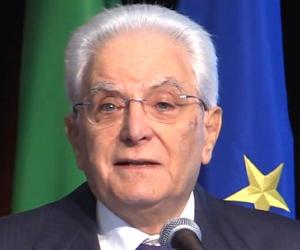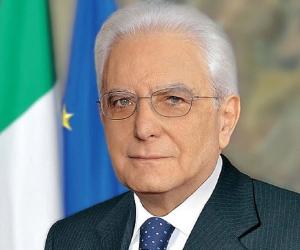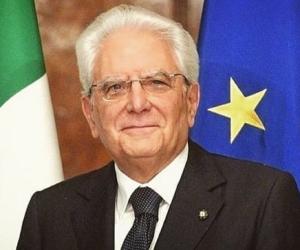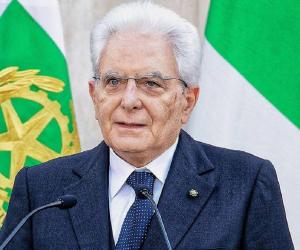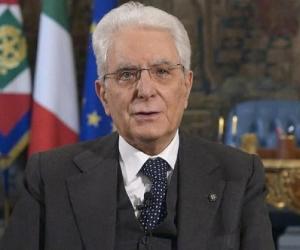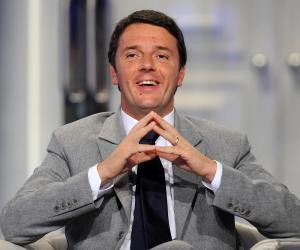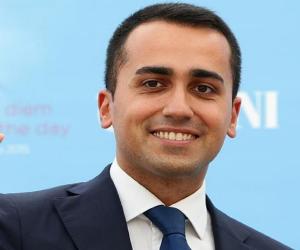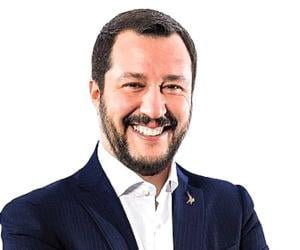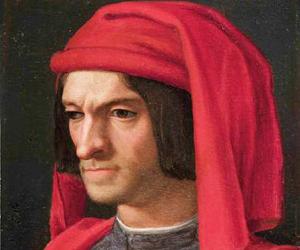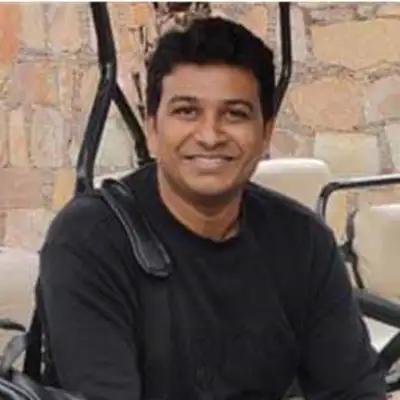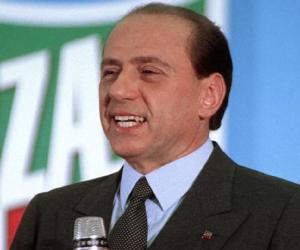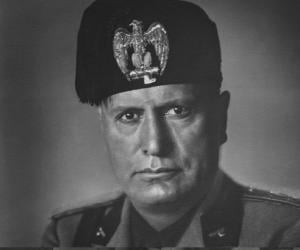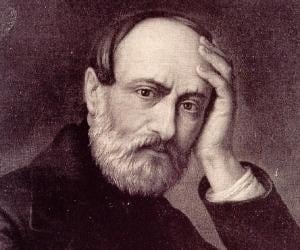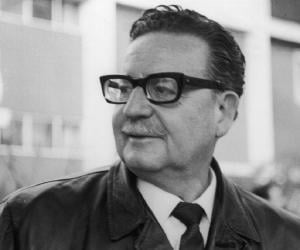Career
In 1983, Sergio Mattarella represented the ‘DC’ at the ‘Chamber of Deputies’ and continued as an MP until 2008. He was appointed to the western Sicily constituency.
In 1984, the ‘DC’ secretary, Ciriaco De Mita, delegated him to remove the mafia elements from the Sicilian faction of the ‘DC.’
With Mattarella's assistance, lawyer Leoluca Orlando became the new mayor of Palermo in 1985. He had known Orlando since his early working days with his brother, Piersanti.
From July 1987 to July 1989, Sergio Mattarella served as the minister of parliamentary affairs (also relations with parliament) in the administration of ‘DC’ representatives Giovanni Goria and Ciriaco De Mita. In that capacity, he passed the legislative reform of the ‘Prime Minister's Office’ and discontinued secret ballot voting in the parliament.
He became the minister of public education (July 1989 to July 1990) in the administration of the 41st prime minister, Giulio Andreotti. During his tenure, the 'National Conference on Schools' introduced a module with three teachers for two classes in primary schools.
In 1990, Mattarella became the vice-secretary of the ‘DC.’ He stepped down after 2 years to take over the directorship of the party's official newspaper, 'II Popolo.' After the 1993 Italian referendum, he enlisted the new polling law known as 'Mattarellum.'
In 1994, when the Tangentopoli corruption scandal surfaced, the ‘DC’ party was taken down. Following this, Mattarella and other ‘DC’ members helped establish the 'Italian People's Party' (PPI) and made Mino Martinazzoli its first leader.
Unfortunately, the ‘PPI’ performed poorly in the 1994 general election. Soon after Martinazzoli was appointed to the ‘Chamber of Deputies,’ he had an internal dispute with the new ‘PPI’ leader, Rocco Buttiglione, who wanted an electoral alliance between the party and Berlusconi's ‘Forza Italia.’ Mattarella opposed the merger by stepping down as the director of 'II Popolo.'
Sergio Mattarella�supported the next prime minister (1996–1998), economist Romano Prodi, who led the center–left alliance of Italian political parties, named 'The Olive Tree' (L'Ulivo). After the center–left alliance won the 1996 general election, Mattarella became the president of the ‘PPI’ parliamentary group.
Continue Reading Below
In his seven parliamentary terms, Mattarella served the 'Constitutional Affairs Committee,' the 'Foreign Affairs Committee,' and the 'Legislative Commission' (of which he later became the chairman). He was a member of the 'Bicameral Committee for Institutional Reform of the XIII Legislature,' the 'Parliamentary Committee of Inquiry on Terrorism and Massacres,' the 'Parliamentary Committee of Inquiry on the Mafia,' and the 'Bicameral Committee for Institutional Reform of the XI Legislature' (of which he also served as the deputy chairman).
During the ‘XIII Legislature,’ Sergio Mattarella led the 'People's and Democratic Parties Parliamentary Group' (from October 1998) and was appointed as the deputy prime minister.
Following the debacle of Prodi's first administrative tenure, Mattarella became the deputy prime minister and minister of defense (December 22, 1999, to June 11, 2001) under the administration of the 53rd prime minister, Massimo D'Alema.
As the minister of defense, he supported the military operation of the 'North Atlantic Treaty Organisation' (NATO) against the Federal Republic of Yugoslavia during the Kosovo War. He also abolished the compulsory enlistment of people in the 'Italian Armed Forces' and made the 'Carabinieri' an autonomous armed force.
Under his leadership in the defense ministry, Italy supported the ‘UN’ peace missions and aided the peacekeeping operations in Bosnia-Herzegovina and the former Yugoslav Republic of Macedonia, through the ‘European Security and Defence Policy,’ which eventually established the 'European Army Corps.'
D'Alema stepped down as the prime minister in 2000, but Mattarella continued as the minister of defense under the new administration of Giuliano Amato (2000–2001).
In October 2000, the ‘PPI’ and other centrist parties came together and formed a single political party called 'The Daisy' (DL). In the 2001 and the 2006 general elections, Mattarella was nominated for the ‘DL’ in two progressive center–left alliances, 'The Olive Tree' and 'The Union' ('L'Unione'). In the ‘XV Legislature,’ he chaired the 'Jurisdictional Committee' of the ‘Chamber of Deputies.’
In 2007, he merged several left-wing and centrist parties of 'The Olive Tree' alliance, such as the ‘DL’ and the 'Democrats of the Left,' to form the center–left 'Democratic Party' (PD).
Mattarella retired from politics in 2008 and did not participate in the political elections that year.
Continue Reading Below
In May 2009, Mattarella became a member of the 'Bureau's Council for Administrative Justice' and became the deputy chairman of the council.
In October 2011, he was confirmed as a member of the ‘Constitutional Court.’ On January 31, 2015, with the support of the ‘PD,’ 'New Centre-Right' (NCD), 'Civic Choice' (SC), the 'Union of the Centre' (UDC), and 'Left Ecology Freedom' (SEL), Mattarella was declared the president of the republic.
As the 12th president, he passed the new electoral law called 'Italicium' on May 6, 2015.
In December the following year, Mattarella appointed the incumbent minister of foreign affairs, Paolo Gentiloni, as the new prime minister.
Mattarella has been honored with the titles of the 'Order of Merit of the Italian Republic' (OMRI), the 'Italian Medal of Merit for Culture and Art' (OMCA), the 'National Order of Merit' (KUOM), the 'Order of Liberty' (GColL), the 'Royal Order of the Seraphim' (RSerafO), and the 'Most Excellent Order of the British Empire' (KBE).
Facts About Sergio Mattarella
Sergio Mattarella is known for his love of literature and has a passion for reading, often seen with a book in hand in his free time.
He is a dedicated fan of classical music and regularly attends concerts and operas, showcasing his appreciation for the arts.
Mattarella is a firm believer in the power of education and has a background as a professor of law, demonstrating his commitment to sharing knowledge.
Despite his busy schedule as President of Italy, he finds time to enjoy outdoor activities such as hiking and gardening, emphasizing the importance of staying active.
Sergio Mattarella has a reputation for his impeccable sense of style and is often praised for his elegant and sophisticated fashion choices at public events.
